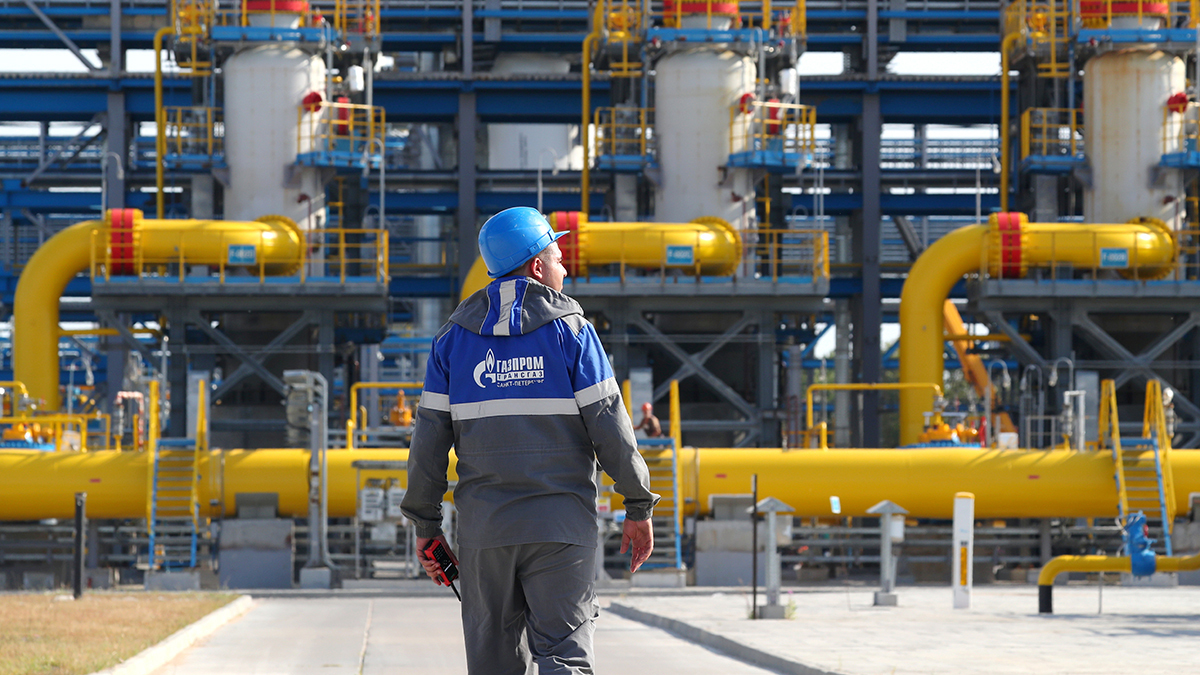Russia says a restriction on its oil by the European Union would have a significant impact on the global crude market, particularly in Europe.
This is coming from the Kremlin as some EU countries press for a fifth wave of sanctions against Russia in retribution for the invasion of Ukraine. A prohibition on purchasing Russian oil, which may be more easily replaced than Russian gas, could be part of the latest wave of restrictions.
In a statement by the press secretary to the Russian President, Dmitry Peskov, the sanctions would affect everybody. “This is a decision that would hit everyone,” Peskov said. “Americans would not lose much and will feel much better than Europeans. Europeans would have it hard.”
READ ALSO: Russia claims it’s forces destroyed 3665 pieces of Ukrainian war equipment
According to EU foreign policy leader Josep Borrell, the bloc’s foreign ministers will meet on Monday to discuss additional penalties, particularly those relating to energy. “The ministers will discuss that,” he replied when asked if the EU is ready to penalize Russian oil.
Europe’s leaders are meeting in Brussels on Thursday, where the idea of an oil embargo is likely to be discussed.
“I think it is unavoidable to start talking about the energy sector and we definitely can talk about oil, because it is the biggest revenue to the Russian budget and also it is quite easily replaceable because of our infrastructure and multiple suppliers,” Lithuanian Foreign Minister, Gabrielius Landsbergis.
If the embargo is enacted, the EU, which is Russia’s single largest buyer of crude oil and fuel, will be following in the footsteps of the United States and the United Kingdom.
However, any actions aimed at Russian oil would be mostly reliant on Germany, which has so far been the most vocal opponent of broadening the scope of EU sanctions and other restrictive measures to include the energy sector.
READ ALSO: China denies providing arms to Russia
Germany is not alone in opposing measures to restrict Russian energy flows; Hungary is also opposed. Any decision would have to be made by all 27 member states unanimously.
The Central Bank of Russia (CBR) held its monetary policy steady and maintained its key interest rate at 20%, but warned of considerable uncertainty as the economy would lead to an inevitable inflationary period due to the ongoing crises.
Western sanctions targeted the CBR’s enormous foreign currency reserves, making them nearly unavailable and prohibiting policymakers from reducing the depreciation of domestic assets.
Furthermore, the United Nations International Court of Justice (ICJ) has ordered Russia to immediately suspend military operations in Ukraine.

 Health & Fitness1 week ago
Health & Fitness1 week ago
 Aviation1 week ago
Aviation1 week ago
 Inspirational7 days ago
Inspirational7 days ago
 Featured6 days ago
Featured6 days ago
 Crime6 days ago
Crime6 days ago
 Featured6 days ago
Featured6 days ago
 Business5 days ago
Business5 days ago
 Editorial3 days ago
Editorial3 days ago

